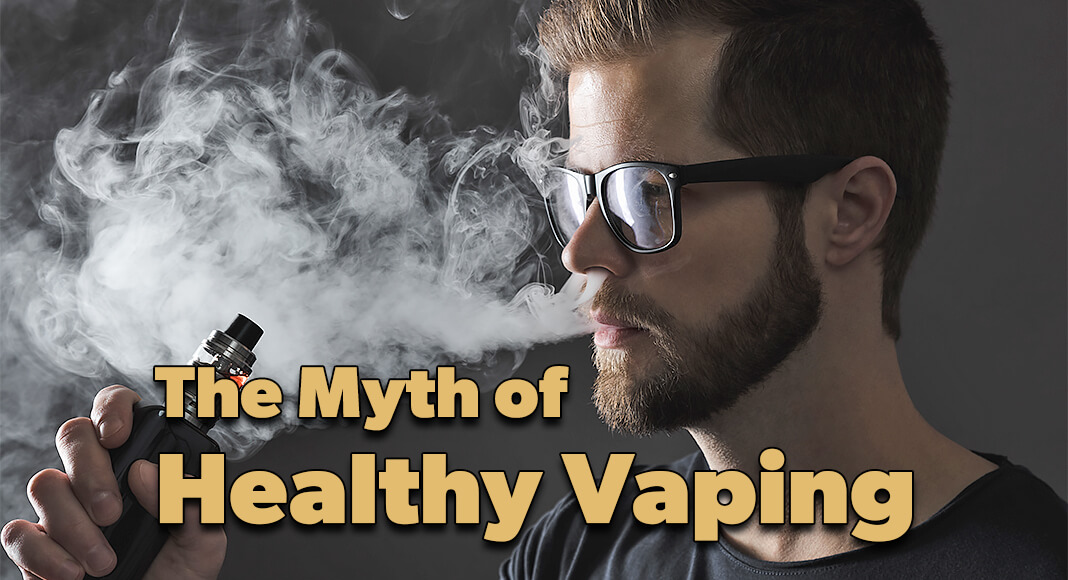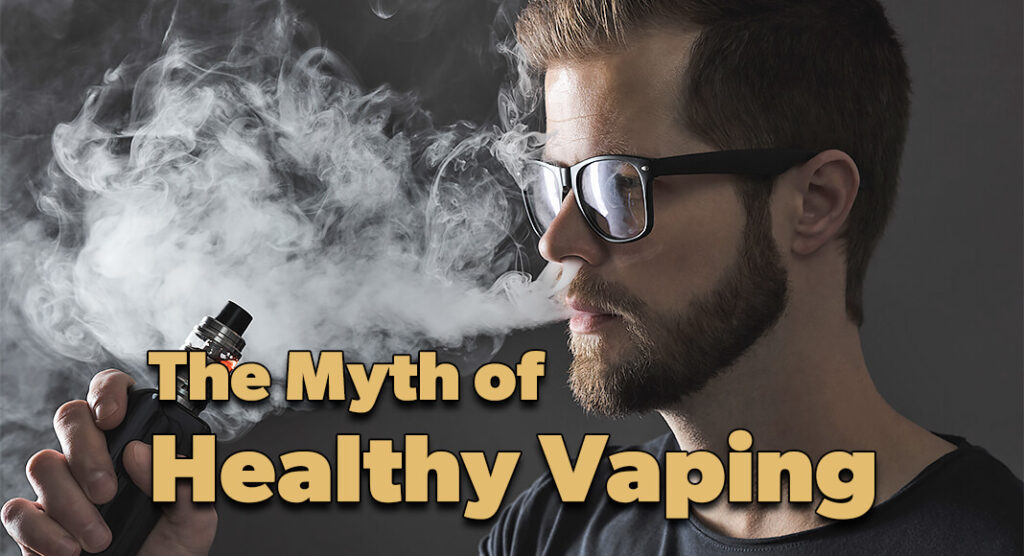
Mega Doctor News
Vaping is often marketed as a healthier alternative to smoking or a tool to quit smoking. But it’s not a safe habit—the health effects of vaping can be irreversible and sometimes deadly.
Because it’s a relatively new technology, the long-term health consequences of vaping are still unknown, but research is revealing an increasing number of health risks, including permanent damage to your teeth and gums.
Vaping can permanently harm your oral health
When you vape, you inhale a combination of airborne chemicals including nicotine, flavorings, and other chemicals. David Okano, DDS, section head of periodontics at the University of Utah School of Dentistry, explains that vaping is associated with an increased risk of gum disease and potentially tooth decay. Vaping can lead to infection and inflammation of the gums, which in turn can cause permanent loss of bone around your teeth and eventual tooth loss. “You lose bone faster if you’re vaping, just like you would with tobacco,” he says.
The likely culprit of these health effects is the same as in traditional cigarettes, Okano says: nicotine. The highly addictive component in both tobacco and e-cigarettes, nicotine causes tissue inflammation, which can lead to injury. Long-term exposure to nicotine may also increase your risk of heart disease.
What’s more, nicotine also causes the blood vessels in your gums, throat, and lungs to narrow, reducing the amount of blood flow to the tissue. This can slow down healing if your mouth is injured or if you have oral surgery, Okano adds.
It’s not just water vapor
The vapor in e-cigarettes contains more than just nicotine. The main ingredient of the “juice” is propylene glycol, which damages airway cells and can turn into cancer-causing formaldehyde as the liquid is heated and vaporized. The chemicals in any given vape cartridge are not as strictly regulated as in tobacco products and can vary wildly between products and flavors. Vapor can contain unhealthy levels of toxic metals, including lead and arsenic. And some of the flavorings in vapor may also kill cells or prevent them from growing.
For instance, some vapor cartridges contain an artificial butter flavor called diacetyl. The health consequences of the low concentrations of diacetyl found in vapor are still unknown. But inhaling large amounts of diacetyl can cause widespread scarring within the lungs that blocks adequate airflow, leading to fatigue, wheezing, and often death.
Long-term general health consequences of vaping are only beginning to be understood
Vaping has only been around for about 20 years and has become widespread only in the last 10-15 years. While there’s solid evidence that vaping causes oral health issues, more long-term research is needed to understand the full health effects of vaping, Okano explains. There simply hasn’t been enough time for those health effects to emerge. In the meantime, why use yourself as a test subject?
Okano’s advice regarding vaping is the same as for smoking. “The bottom line? Vaping is not a safe alternative to smoking,” he says. “So if you don’t vape, don’t start. And if you do vape, try to quit.”
If you’re ready to quit vaping—or smoking—the Utah Department of Health and Human Services offers free and confidential resources to help you kick the habit, including personalized coaching and nicotine replacement therapy.
This article was originally published by a megadoctornews.com . Read the Original article here. .




